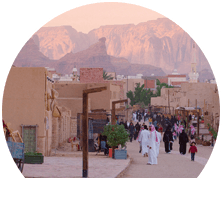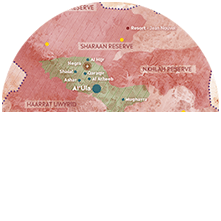- Share -
0

0

- Share -














NEXT
TOP
HOME






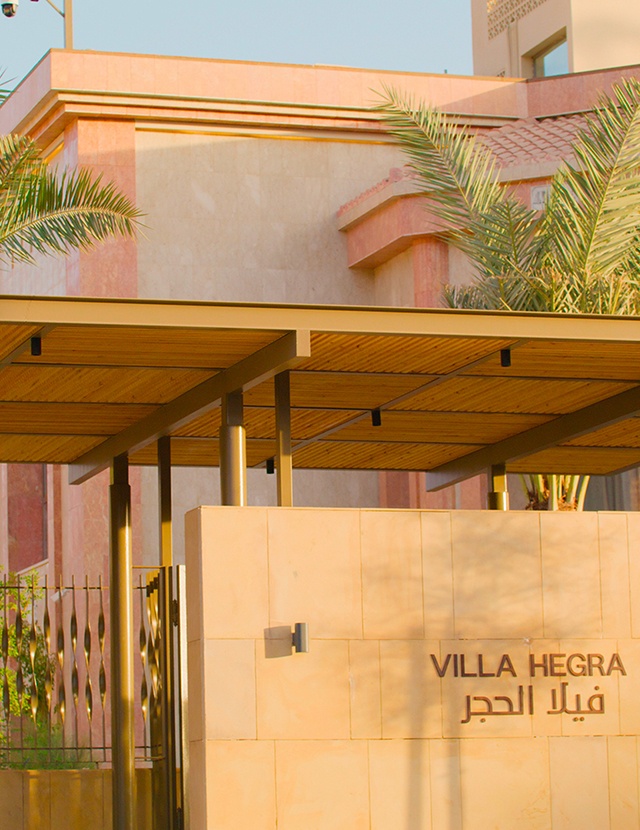
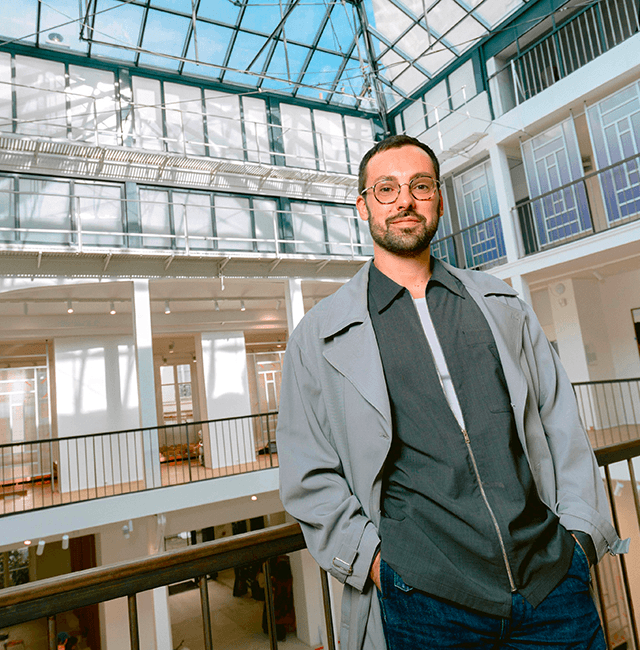
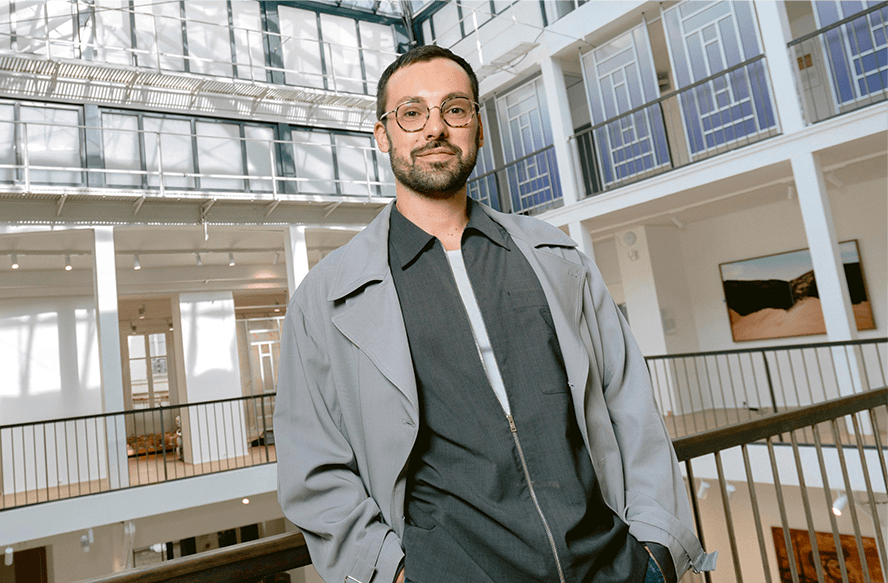

READ THE INTERVIEW


Head of Arts at AFALULA
ARNAUD MORAND
TWO QUESTIONS FOR
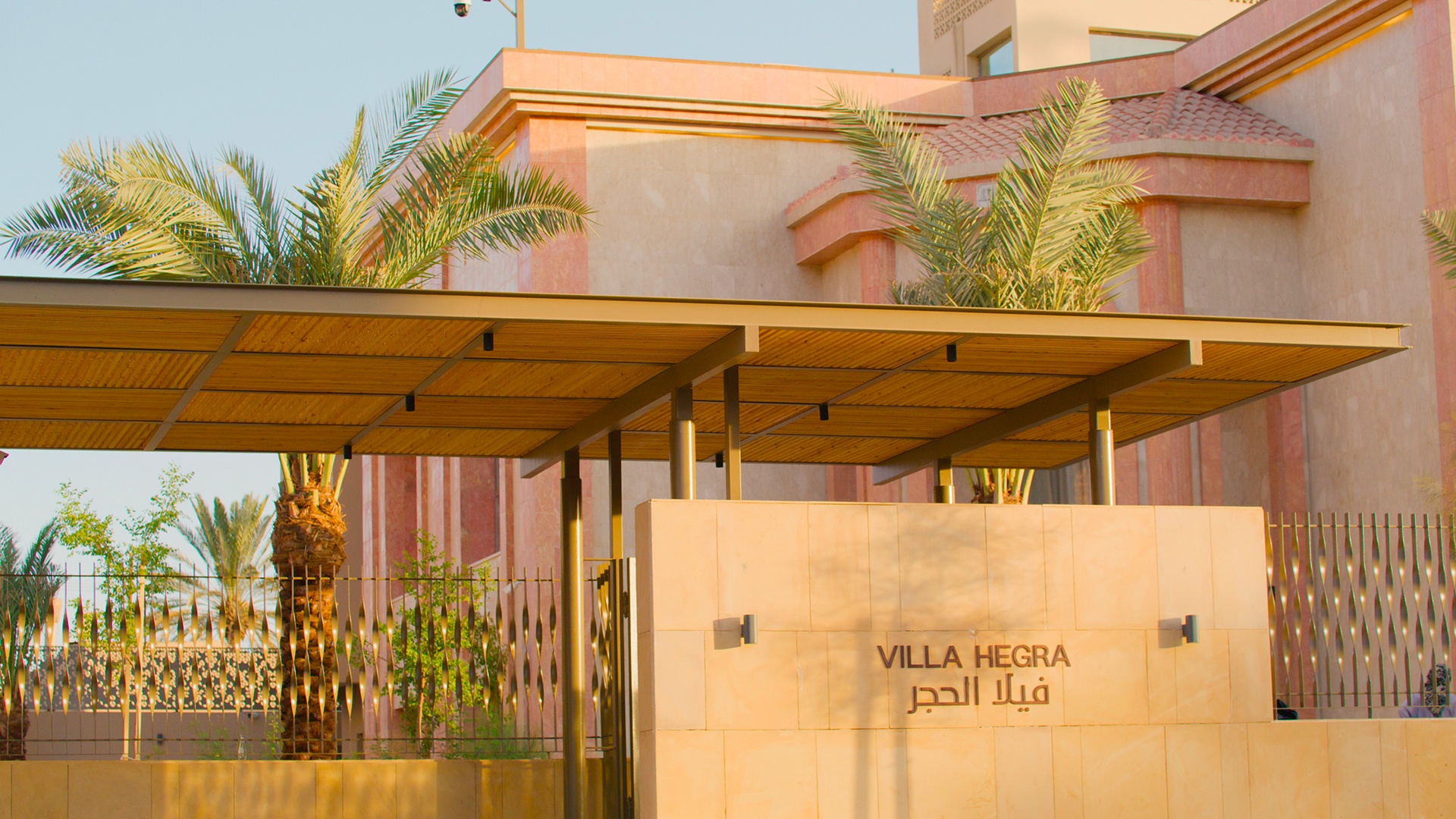
SEE THE EVENT

On October 2, Villa Hegra opened its doors in the heart of AlUla in the presence of numerous artists and personalities. This venue forms the beating heart of its artistic and cultural programming, offering a space for meeting, exchange, and creation for artists and audiences.
Founded under the dual sponsorship of the RCU and AFALULA, Villa Hegra supports contemporary creation and aims to be a space open to creativity, education, and exchanges. By fostering dialogue between the AlUla community and international audiences, Villa Hegra creates opportunities for expression, while contributing to the region's wider influence.

IN IMAGES
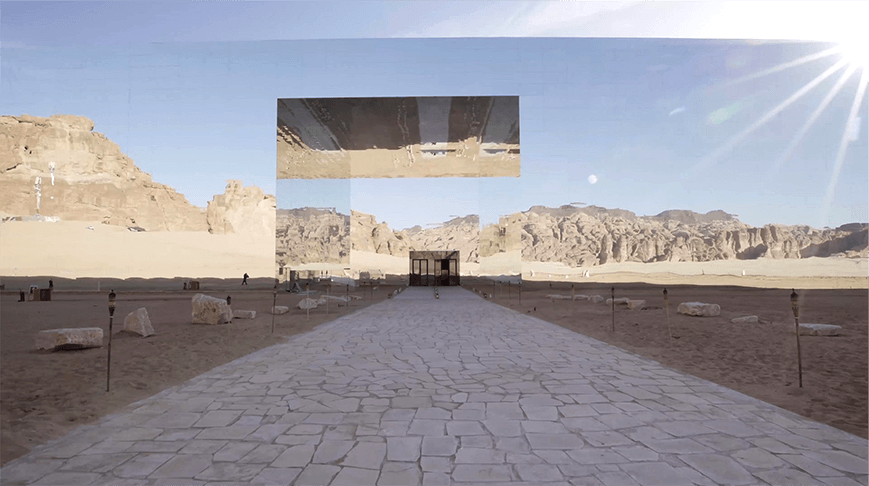
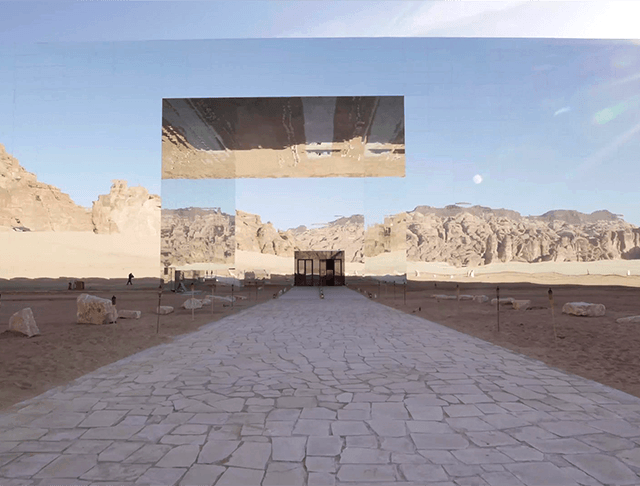

LEARN MORE


MEASURING
TO MOVE FORWARD
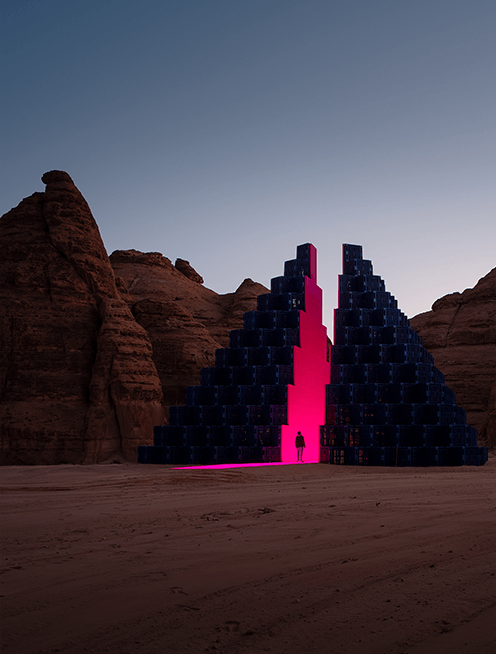
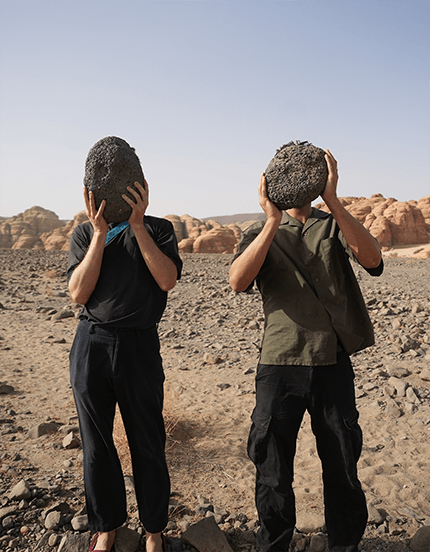

LEARN MORE


WHEN
THE PALM TREE
BECOMES
A CREATIVE MATERIAL
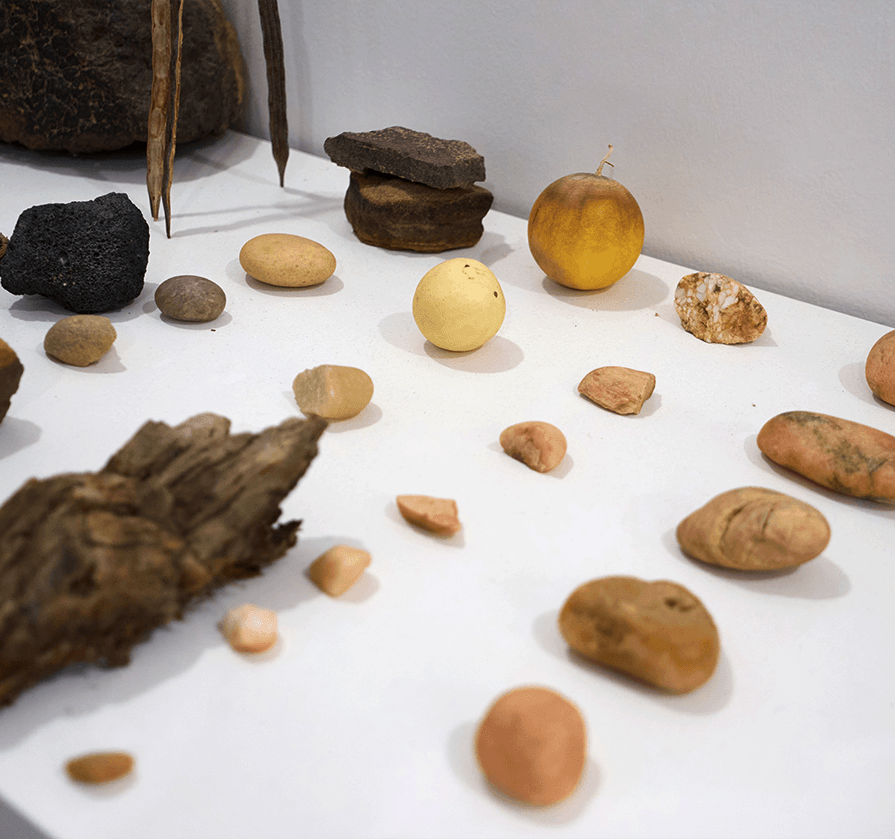
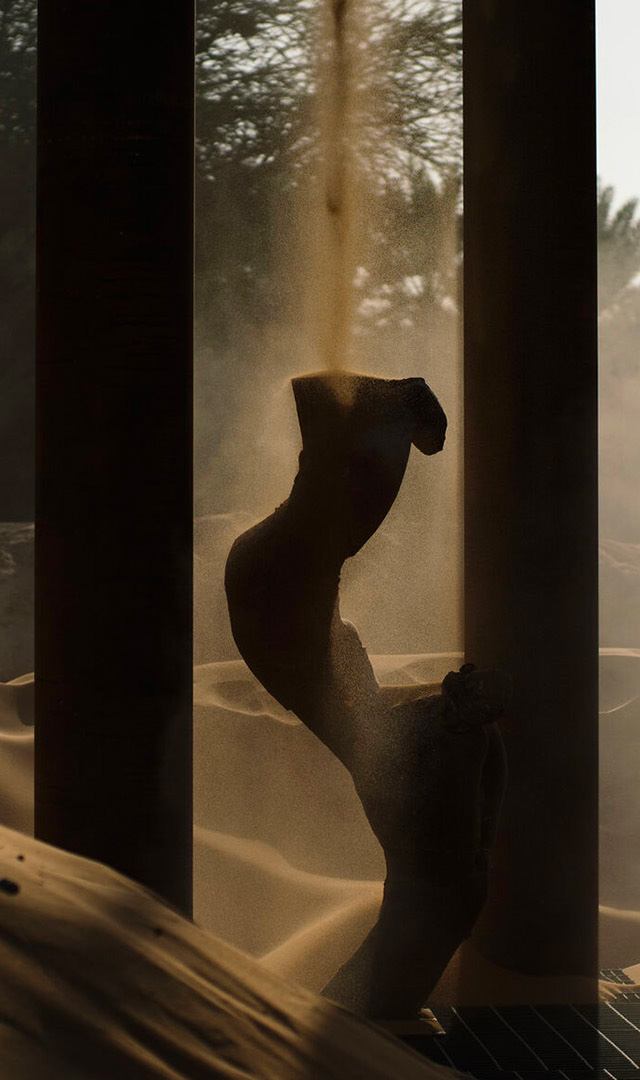
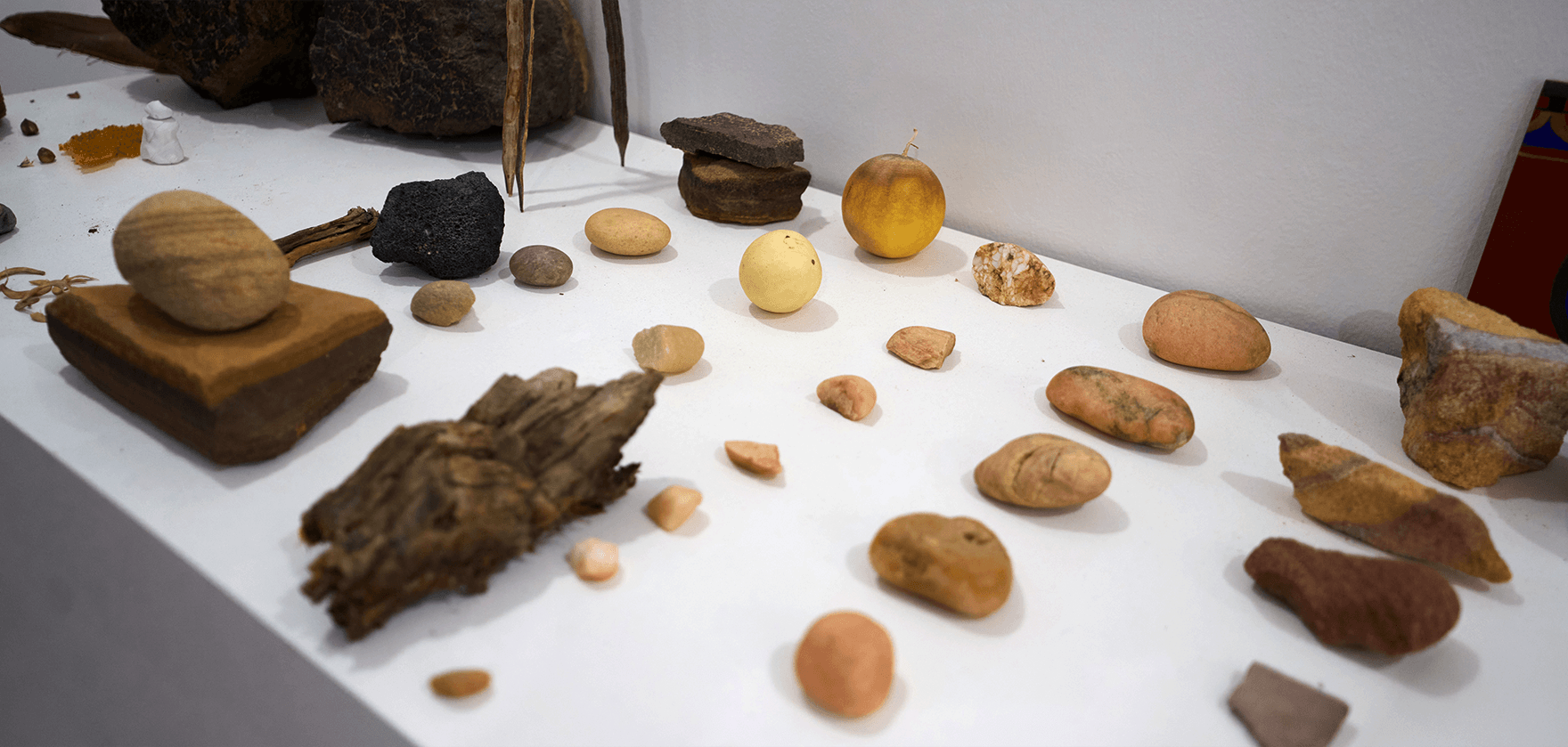
Sustainability also inspires contemporary creation. Initiated by the RCU and AFALULA, the artist residencies are designed to experiment with eco-design principles, whether involving dismountable modules, revalorization of agricultural waste, local or reused materials, or even the end-of-life of the artworks themselves. In this unique context, blending the richness of the oasis with the constraints of certain resources like water makes AIUIa a laboratory for regenerative creation. Major cultural projects follow the same logic: the future contemporary art museum and the Wadi Al Fann site are evaluated with respect to environmental performance and supported accordingly.

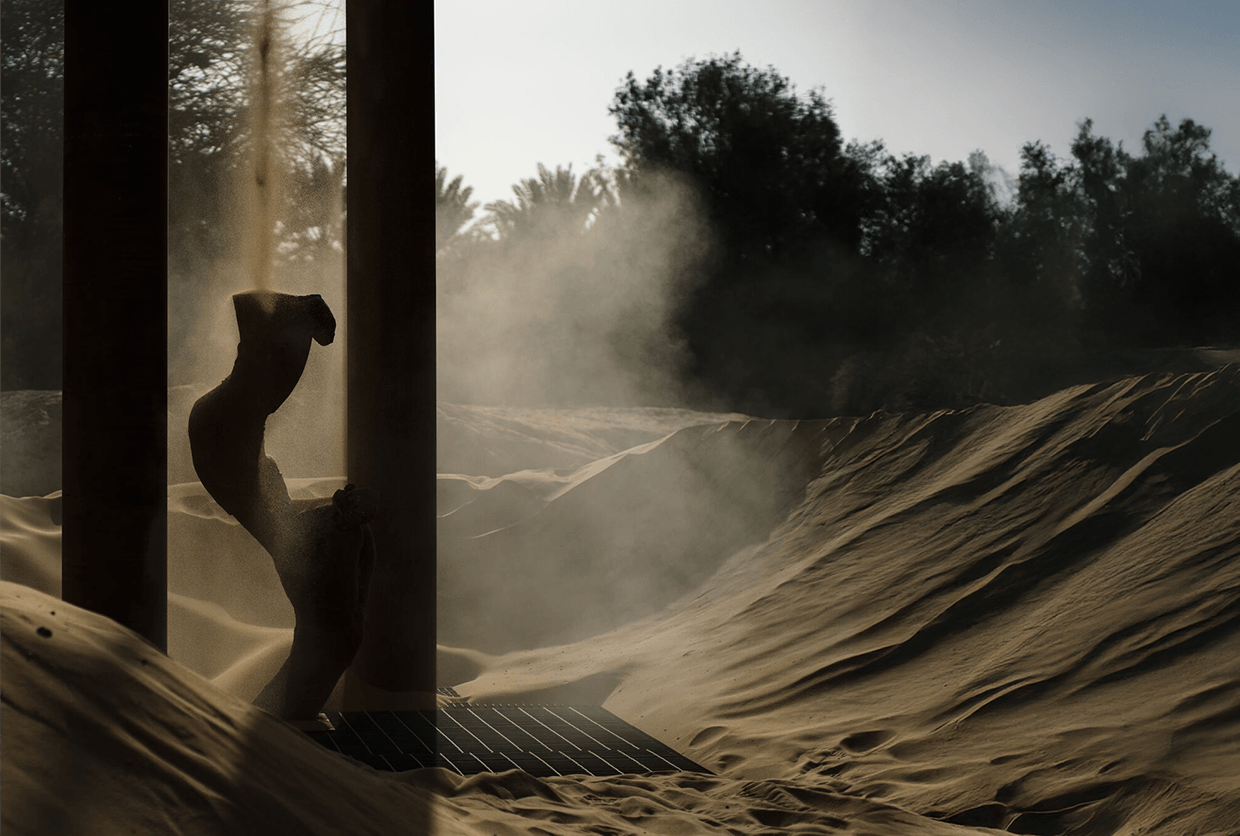

Even with the direction set, the objective is to go further, fully integrating culture into AlUla's sustainable development approach. In addition, indicators reflecting the positive environmental impact of artistic and heritage activities, as well as the efforts deployed, are planned. New tools are being developed, such as a specific carbon calculator for temporary artistic projects and eco-design guides. The ambition for AlUla is to eventually become a model for other locations, where culture, climate, and community are harmonized and work together.

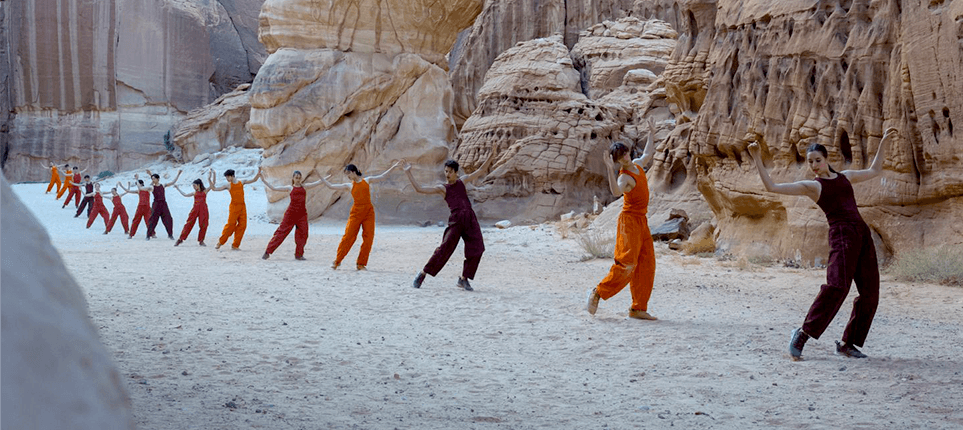
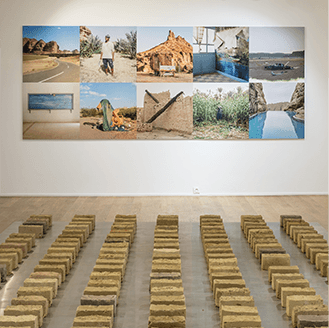
Initiated as part of the government's Vision 2030 program in 2021, the project Journey Through Time aims to make AlUla an exemplary location where nature, culture, and progressive development coexist harmoniously. Concretely, this involves, for example, enhancing local know-how by involving artisans in design and urban planning and by using locally sourced materials. It also focuses on preserving cultural heritage: 11 historic sites were already restored in 2023, while visitor satisfaction reached a score of 96%.

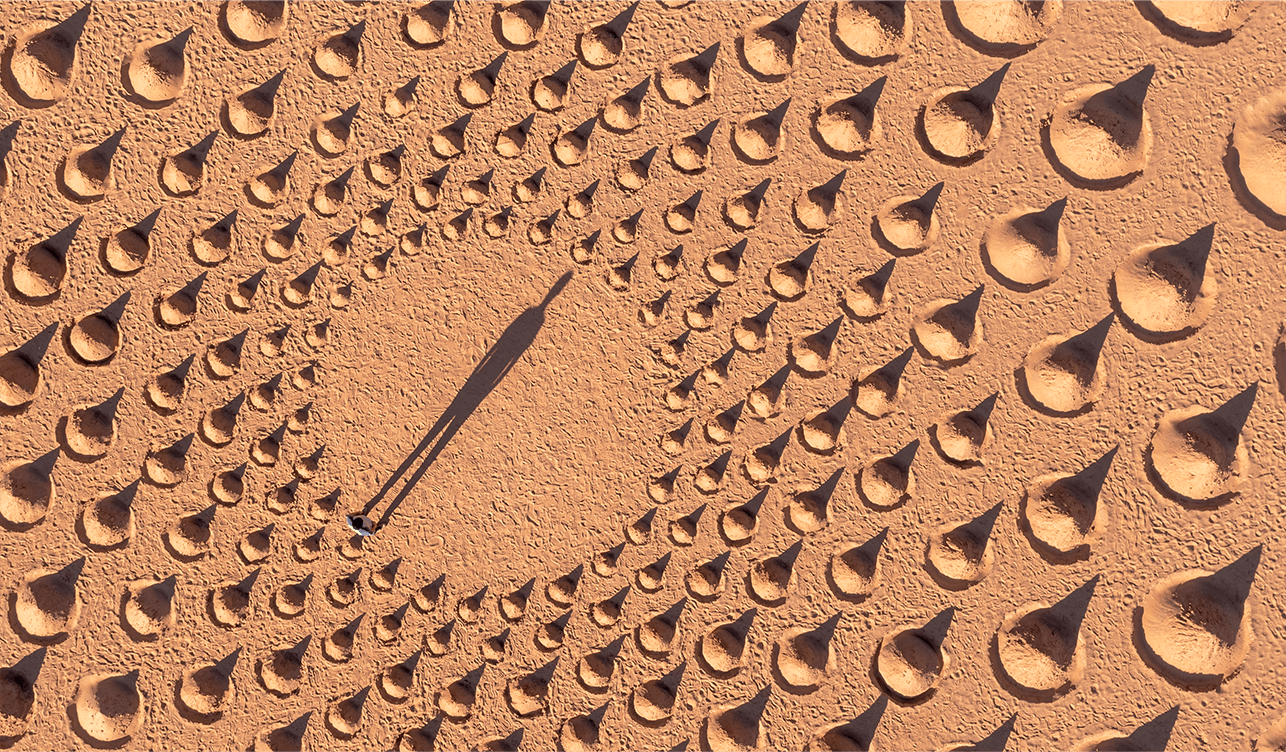
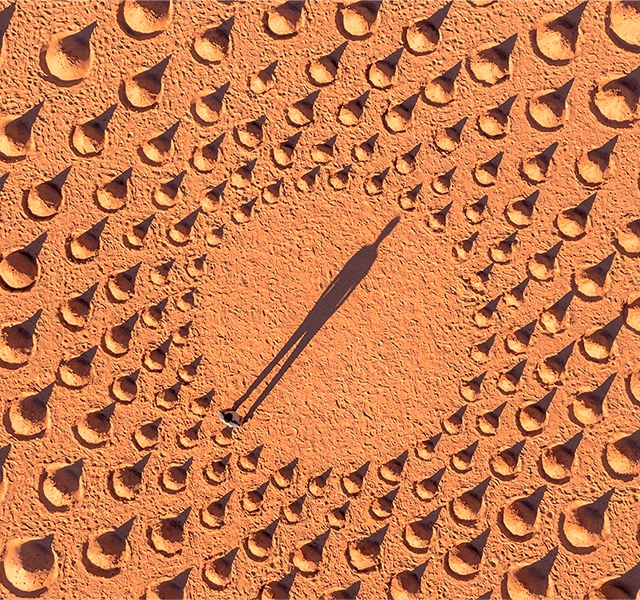
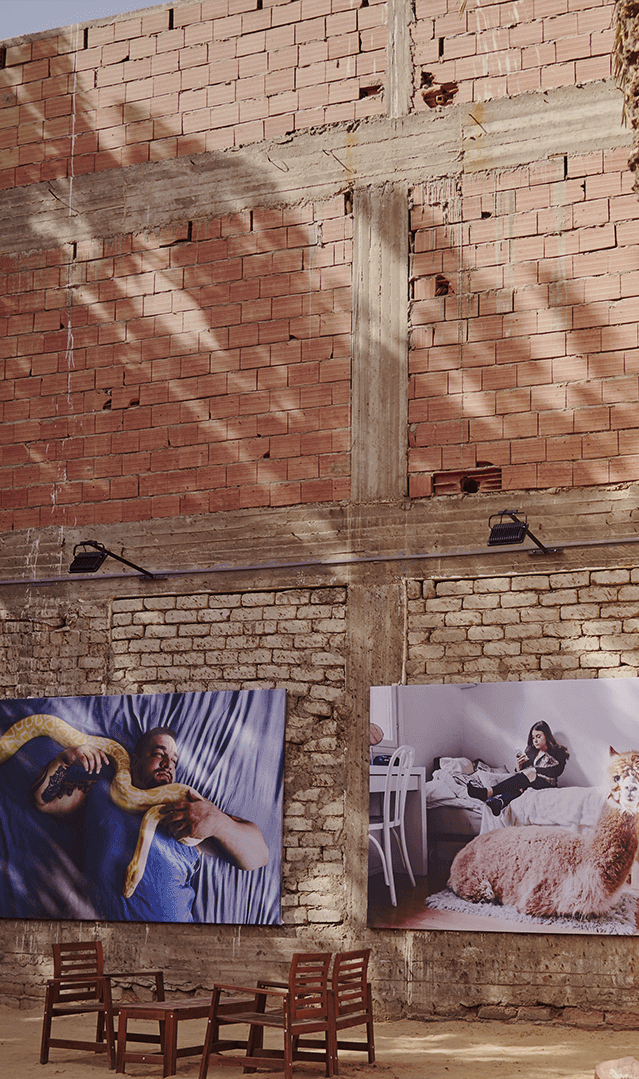

Adopting strategies such as renewable energy, local production, traditional knowledge and ways of life, ecosystem restoration, regenerative agriculture, and innovations in response to water stress and rising temperatures helps structure the AlUla project around sustainability, while partnering with inspiring artists, curators, designers, and architects. This approach connects local and global issues, the past and the future, through innovative projects.
In addition, such initiatives are complemented by the ongoing transformations driven by Vision 2030 at the national level, which include ambitious objectives targeting a reduction in carbon intensity of energy production, as well as reforestation.
Since its founding, sustainable development has been the cornerstone of AIUIa's development project. Far from being limited to the preservation of natural resources, this innovative approach places culture at the heart of its model by connecting art, heritage and the environment.
This vision, established by the Royal Commission for AlUla (RCU) and implemented by the French Agency for AlUla Development (AFALULA), is based on three pillars: preserving tangible and intangible heritage, promoting cultural accessibility, and ensuring the sustainability of the cultural sector.

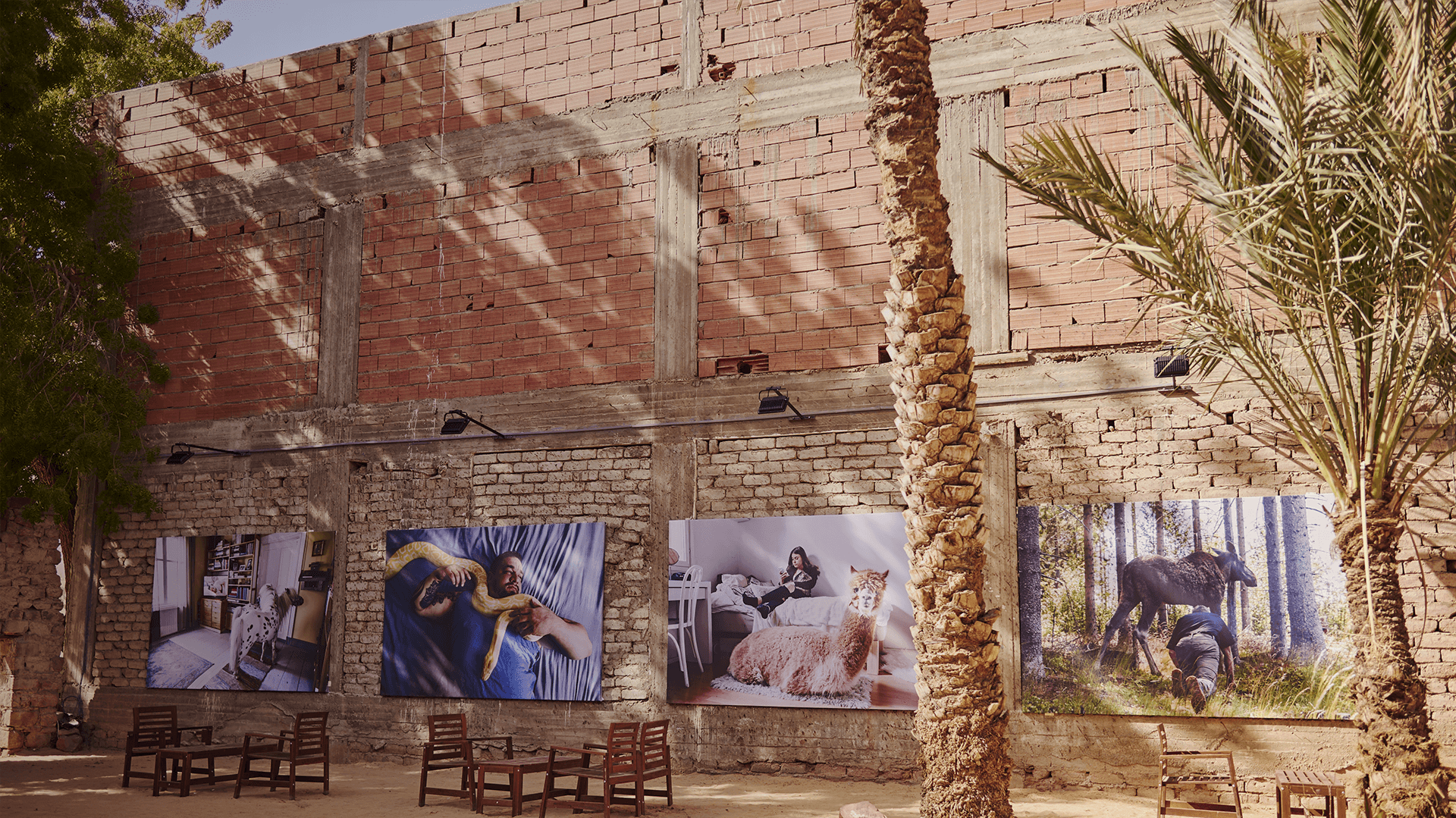

Large format




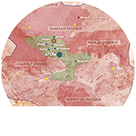

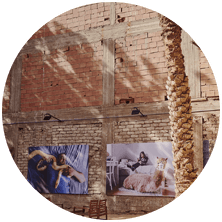

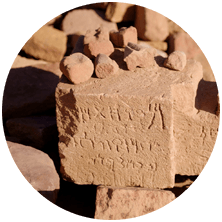

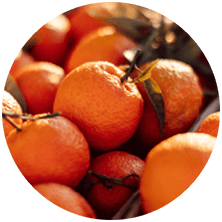
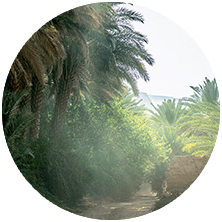

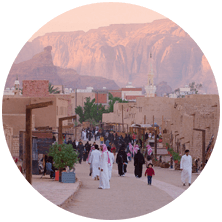




VISIT AFALULA.COM
READ THE PREVIOUS ISSUES
Subscribe to the newsletter




